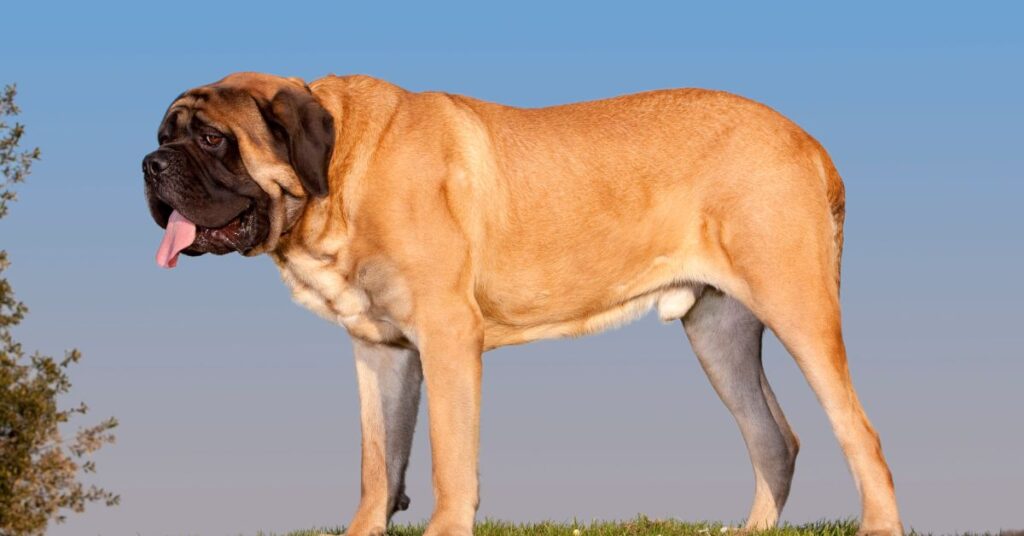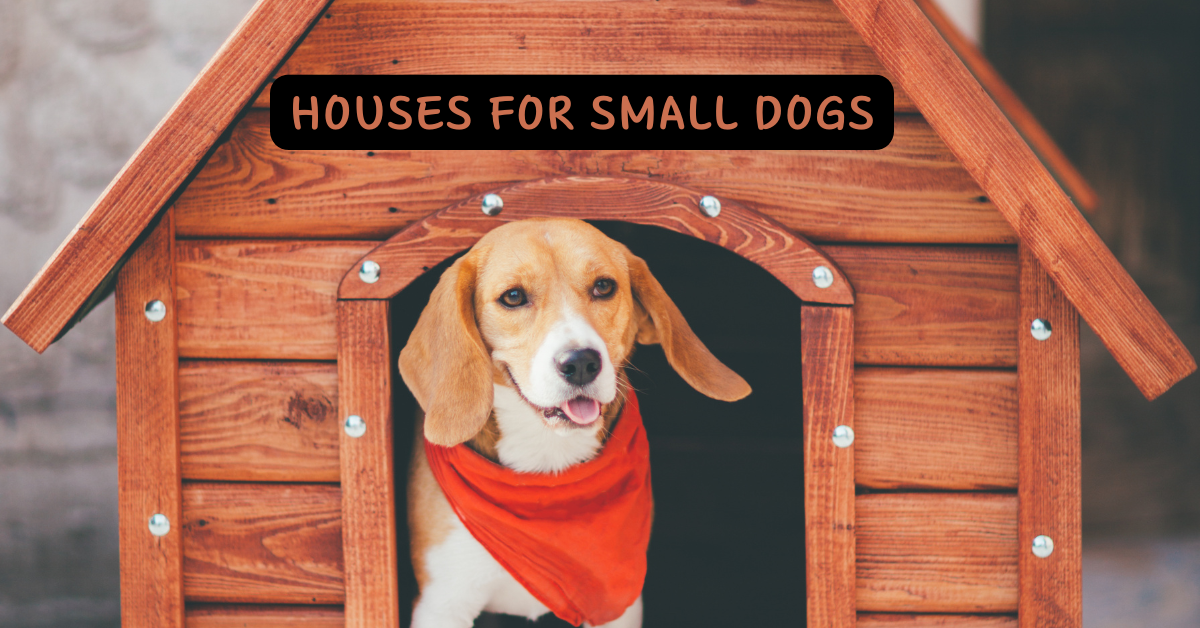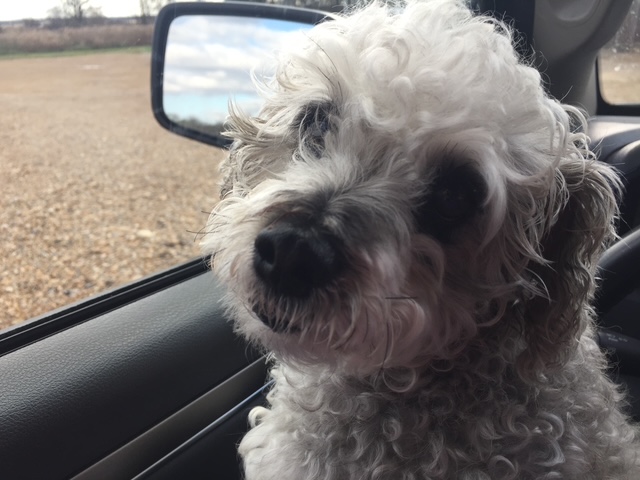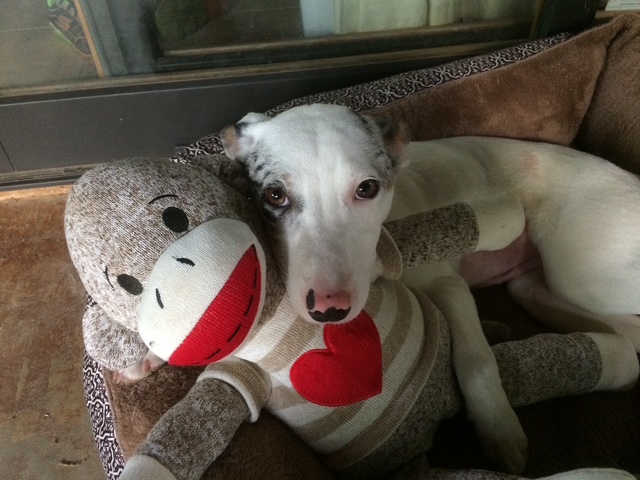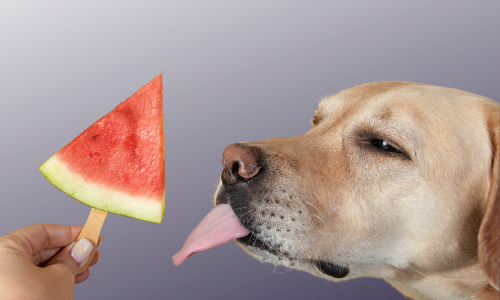The Mastiff is a large and powerful breed known for its gentle and protective nature, also known as the English Mastiff. This breed is loyal, courageous, and makes an excellent family companion and guardian.
*Disclaimer: This Post May Contain Affiliate Links. This Means That I Receive A Small Commission At No Extra Cost To You Should You Click Through And Make A Purchase. Learn More On My Policy Page
Breed Characteristics
- Breed Category: Working Group
- Size: Large to giant
- Coat Length: Short
- Shedding: Moderate
- Hypoallergenic: No
- Grooming Requirements: Low; regular brushing needed
- Life Span: 6-10 years
- Activity Level: Moderate
- Temperament/Personality: Gentle, protective, loyal
- Intelligence: High
- Trainability: Moderate; responds well to positive reinforcement
- Space Requirement: Large; requires space to move
- Compatibility with Children & Other Pets: Good; protective and gentle
- Health Issues: Prone to hip dysplasia, bloat, and other health issues
- Nutrition Needs: High-quality diet with balanced nutrients
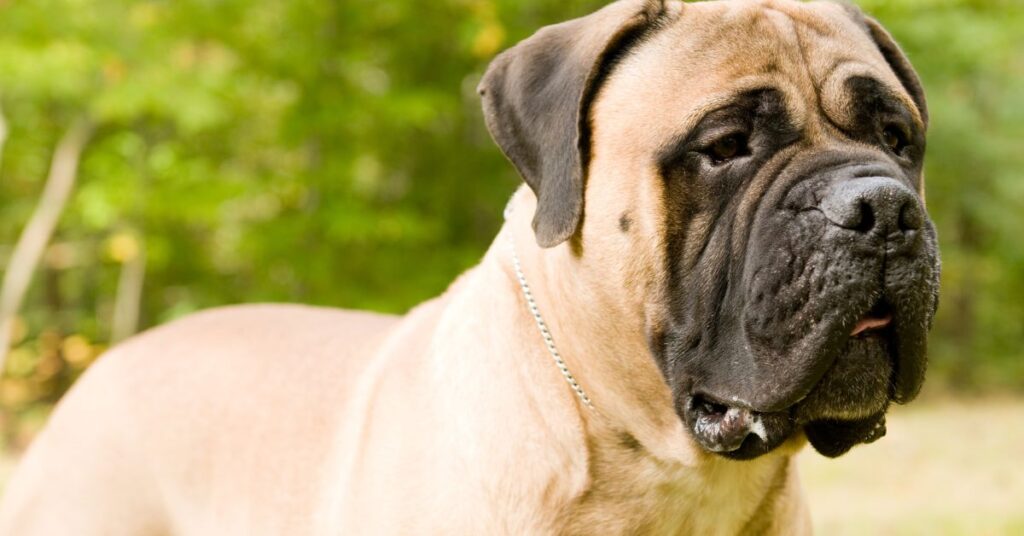
Origin and History
The Mastiff is one of the oldest dog breeds, with a history that dates back thousands of years. Originating in ancient civilizations such as Egypt, Babylon, and Rome, Mastiffs were used as guard dogs, war dogs, and for big-game hunting. The breed’s large size, strength, and protective nature made them valuable companions in various roles. Over time, the Mastiff became known as a loyal and gentle family companion, while still retaining its protective instincts. Today, Mastiffs are admired for their imposing presence and calm demeanor, making them a popular choice for families and those in need of a dependable guardian.
Appearance and Physical Characteristics
Mastiffs are large, muscular dogs with a broad and powerful build. Males typically weigh between 160 to 230 pounds, while females range from 120 to 170 pounds. They stand about 27 to 30 inches tall at the shoulder, with some individuals even taller. The breed’s coat is short, dense, and comes in colors such as fawn, apricot, or brindle. Mastiffs have a distinctive wrinkled face with a broad head and expressive eyes. Their imposing size and gentle expression give them a unique and noble appearance.
Temperament and Personality
Mastiffs are known for their gentle, protective, and loyal nature. Despite their large size, they are often referred to as “gentle giants” due to their calm and affectionate demeanor. Mastiffs are deeply devoted to their families and are known for being protective of their loved ones. They are generally good with children and other pets, making them excellent family companions. The breed’s calm and patient nature allows them to interact well with people of all ages. While they may be reserved with strangers, Mastiffs are rarely aggressive, relying on their size and presence to deter threats.
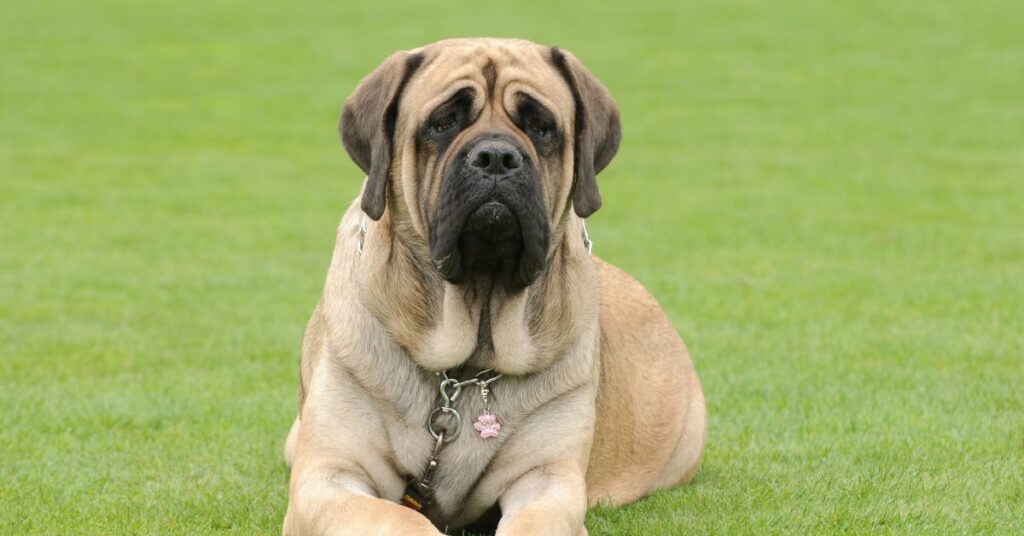
Intelligence and Trainability
The Mastiff is an intelligent breed, but its independent and sometimes stubborn nature can make training a challenge. Positive reinforcement methods work best with this breed, as they respond well to gentle and consistent training. Early training and socialization are important to ensure that Mastiffs develop into well-behaved and confident adults. The breed’s size and strength mean that proper training is essential to manage them effectively. While they may not be as eager to please as some other breeds, Mastiffs can excel in training with patience and persistence.
Compatibility with Children and Other Pets
Mastiffs generally get along well with children and other pets, making them a great choice for families. Their gentle and protective nature allows them to interact safely with kids, and they are usually social with other dogs and pets when properly socialized. The breed’s large size and calm demeanor make them suitable for households with children, although supervision is always recommended to ensure safe interactions. Mastiffs can coexist peacefully with other pets, including cats and dogs, provided they are introduced properly and given adequate socialization.
Health and Nutrition
Mastiffs are generally healthy but can be prone to certain health issues, including hip dysplasia, bloat, and heart conditions. Regular veterinary check-ups, a balanced diet, and proper exercise are essential to maintaining their health. Providing a high-quality diet that supports their large size and moderate activity level is important. Mastiffs may benefit from joint supplements or other health supports, especially as they age. Given the breed’s size, it’s important to monitor their weight and ensure they do not become overweight, as this can exacerbate health problems.
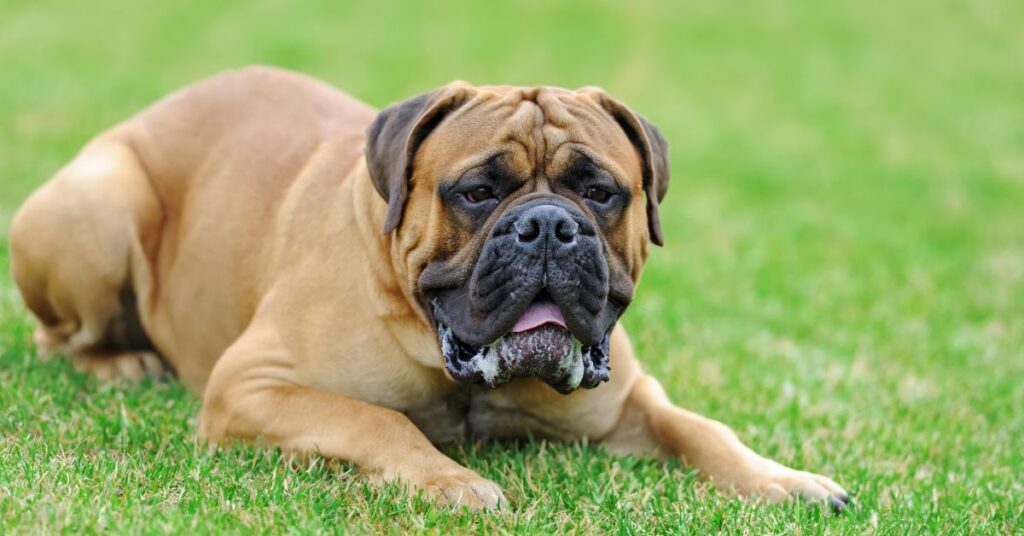
Exercise and Activity Level
Mastiffs have moderate exercise needs and enjoy regular physical activity to stay healthy and happy. They benefit from daily walks, playtime, and opportunities for mental stimulation. The breed is adaptable to various living environments, including homes with yards or larger spaces, as long as they receive adequate exercise and interaction. Mastiffs enjoy companionship and being involved in family activities, and they thrive when they have a purpose or job to do. Daily exercise, along with play and mental stimulation, is important to keep them happy and healthy.
Grooming Needs
The grooming needs of Mastiffs are relatively low due to their short coat. Regular brushing is necessary to keep the coat healthy and remove loose hair. Bathing should be done as needed to keep the coat clean. Routine grooming tasks such as dental care, ear cleaning, and nail trimming are also important to maintain their overall health. The breed’s short coat requires less maintenance compared to longer-haired breeds, but regular grooming is still important to keep them looking their best.
Training and Socialization
Early training and socialization are crucial for Mastiffs. They are intelligent but can be stubborn, so consistent, positive reinforcement is key to successful training. Socializing them with other dogs, people, and various environments helps them develop into well-rounded and confident adults. The breed’s gentle and protective nature makes them responsive to training, and they enjoy learning new tricks and commands. Patience and consistency in training will help them become well-behaved and well-adjusted pets.
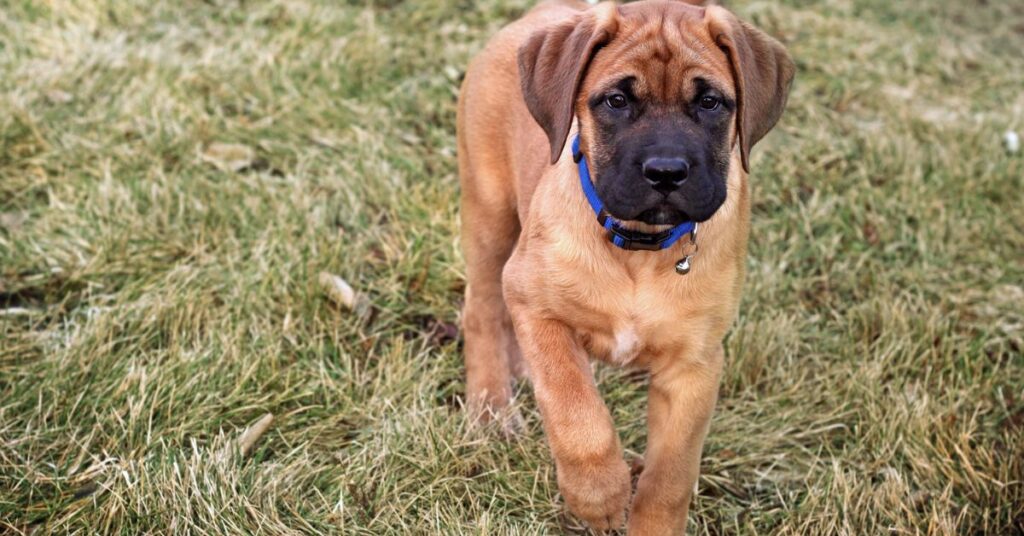
Famous Mastiffs
Mastiffs have gained recognition for their imposing size and gentle nature. They have appeared in various films, television shows, and historical accounts, showcasing their unique combination of strength and gentleness. The breed’s long history as a guard dog and companion to royalty adds to its appeal and charm.
Conclusion
The Mastiff is a large, powerful, and gentle breed that makes a wonderful companion for families and individuals alike. With proper grooming, training, and care, a Mastiff can be a loyal and loving member of the family. If you’re looking for a breed that combines intelligence, loyalty, and protective instincts with a calm and affectionate nature, the Mastiff may be the perfect choice for you.


